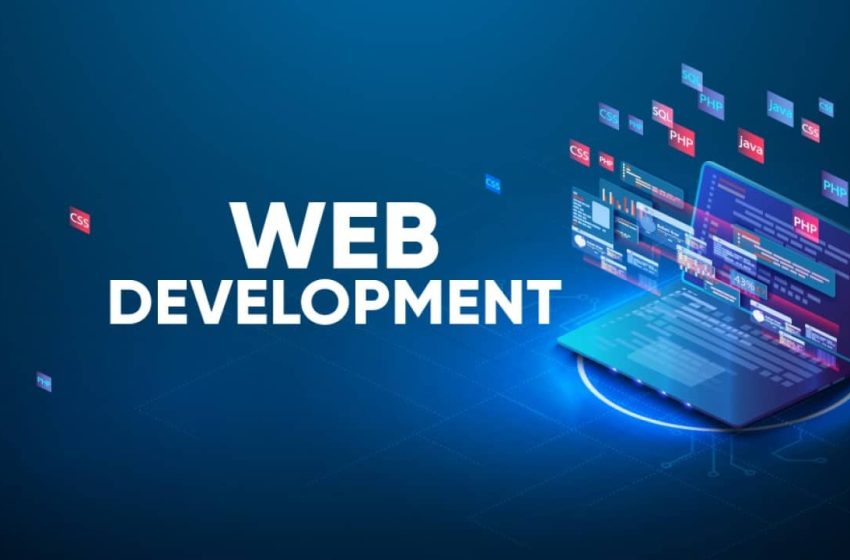The Top 5 Techniques to Score High Rankings
- Technology
 stevesmiths
stevesmiths- July 3, 2024
- 85

In today’s competitive digital landscape, achieving high rankings on search engines like Google is crucial for businesses and individuals looking to increase their online visibility. High search engine rankings lead to more traffic, which can translate to more customers and revenue. However, securing those coveted top spots is no easy task. It requires a well-thought-out strategy that incorporates various SEO (Search Engine Optimization) techniques. Here, we’ll explore the top five techniques to score high rankings and ensure your website stands out in the crowded online marketplace.
1. Keyword Research and Optimization
Understanding the Importance of Keywords
Keywords are the foundation of SEO. They are the terms and phrases that users enter into search engines when looking for information, products, or services. By optimizing your content with relevant keywords, you increase the chances of your website appearing in search results for those terms.
Steps to Effective Keyword Research:
-
Identify Your Target Audience: Understand who your audience is and what they are searching for. This can be achieved through market research, surveys, and analyzing existing customer data.
-
Use Keyword Research Tools: Tools like Google Keyword Planner, Ahrefs, and SEMrush can help you find popular keywords related to your industry. These tools provide insights into search volume, competition, and related keywords.
-
Analyze Competitors: Look at the keywords your competitors are targeting. This can provide valuable insights and help you identify opportunities to outrank them.
-
Optimize Your Content: Once you’ve identified the right keywords, incorporate them naturally into your content. Focus on using keywords in titles, headings, meta descriptions, and throughout the body of your text. Avoid keyword stuffing, as this can negatively impact your rankings.
2. High-Quality Content Creation
Content is King
Creating high-quality, valuable content is one of the most important aspects of SEO. Search engines prioritize websites that offer relevant, informative, and engaging content to users.
Key Elements of High-Quality Content:
-
Originality: Ensure your content is unique and not duplicated from other sources. Search engines penalize duplicate content.
-
Depth and Detail: Provide comprehensive information on your topic. Content that thoroughly answers users’ questions tends to rank higher.
-
Readability: Write in a clear, concise, and engaging manner. Use short paragraphs, bullet points, and subheadings to make your content easy to read.
-
Visuals: Incorporate images, videos, infographics, and other visual elements to enhance the user experience and make your content more engaging.
-
Regular Updates: Keep your content fresh and up-to-date. Regularly updating your content signals to search engines that your website is active and relevant.
3. On-Page SEO
Optimizing Individual Pages
On-page SEO refers to the optimization of individual web pages to improve their search engine rankings. It involves optimizing various elements on your page, including the content, HTML source code, and overall structure.
Key On-Page SEO Techniques:
-
Title Tags: Create descriptive and keyword-rich title tags for each page. The title tag is one of the most important on-page SEO elements.
-
Meta Descriptions: Write compelling meta descriptions that include your target keywords. Meta descriptions provide a brief summary of your page’s content and can influence click-through rates.
-
Headings (H1, H2, H3): Use headings to structure your content and make it more readable. Include keywords in your headings to signal the relevance of your content to search engines.
-
URL Structure: Ensure your URLs are clean, descriptive, and include keywords. Avoid using long, complicated URLs with unnecessary parameters.
-
Internal Linking: Link to other relevant pages on your website to help search engines understand the structure of your site and improve navigation for users.
4. Technical SEO
Optimizing the Technical Aspects of Your Site
Technical SEO involves optimizing the technical elements of your website to ensure it is easily crawlable and indexable by search engines. It also focuses on improving the overall performance and user experience of your site.
Key Technical SEO Techniques:
-
Site Speed: Ensure your website loads quickly. Use tools like Google PageSpeed Insights to identify and fix issues that may be slowing down your site.
-
Mobile-Friendliness: Optimize your website for mobile devices. A responsive design ensures your site looks and functions well on all screen sizes.
-
XML Sitemap: Create and submit an XML sitemap to search engines. This helps search engines understand the structure of your site and index it more effectively.
-
Robots.txt: Use a robots.txt file to control which pages search engines can crawl and index. This helps prevent indexing of duplicate or low-value content.
-
Structured Data: Implement structured data (schema markup) to help search engines understand the content and context of your pages. This can improve your visibility in search results through rich snippets.
5. Link Building
Building a Strong Backlink Profile
Link building is the process of acquiring high-quality backlinks from other websites. Backlinks are a crucial ranking factor, as they signal to search engines that your site is authoritative and trustworthy.
Effective Link Building Strategies:
-
Guest Blogging: Write guest posts for reputable websites in your industry. This not only earns you backlinks but also exposes your content to a broader audience.
-
Content Outreach: Reach out to influencers, bloggers, and industry experts to share your content. High-quality, shareable content is more likely to earn backlinks.
-
Broken Link Building: Identify broken links on other websites and offer your content as a replacement. This helps both parties by providing value and fixing broken links.
-
Resource Pages: Find resource pages in your niche and request to have your content included. Resource pages are often used by websites to link to valuable external content.
-
Create Link-Worthy Content: Produce content that naturally attracts backlinks, such as in-depth guides, original research, infographics, and case studies.
Conclusion
Achieving high rankings on search engines requires a multifaceted approach that combines keyword research, high-quality content creation, on-page and technical SEO, and effective link building. By implementing these top five techniques, you can improve your website’s visibility, attract more organic traffic, and ultimately achieve your online goals. Consistency, patience, and a commitment to staying up-to-date with SEO best practices are essential for long-term success.
